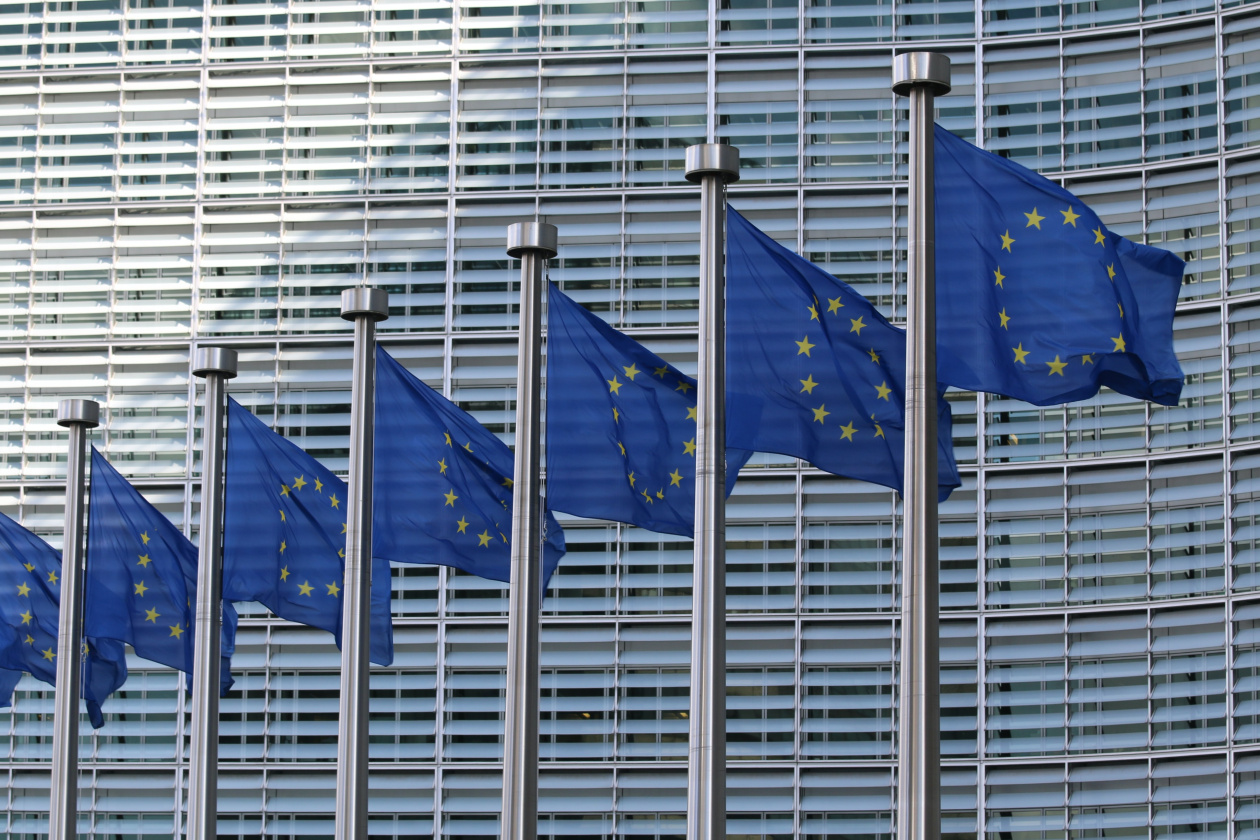 Photo by Guillaume Périgois on Unsplash
Photo by Guillaume Périgois on Unsplash
Are you the next trainee at the European Commission?
Last updated on Thursday, 28/11/2024
Would you like to do a traineeship in the European Union? Here’s a step-by-step guide on how to apply! Twice a year, the European Commission offers university graduates from the EU (and beyond) the chance to be selected for paid administrative or translation internships for a period of five months, starting on 1 March or 1 October.
Who can apply
To apply, you must:
- Be an EU citizen (limited spots for non-EU nationals available);
- Have finished a 3-year university degree (need to provide a certificate or proof from your uni);
- Not have done a traineeship or worked for more than 6 weeks in any EU institution or for a Member of the European Parliament;
- Know 2 official EU languages really well and one of them must be English, French, or German, non-EU nationals just need to know one official language.
If you are interested in the Translation traineeship:
- You must be able to translate two EU languages into your main language (usually your mother tongue). Your main language must be an official EU language.
Where?
You will work in any European Commission services and agencies, mostly based in Brussels and Luxembourg, but also across the European Union.
What does a trainee's daily work consist of?
The work you do will depend on the service you join. You can work in areas like education, culture, sports, science, competition law, HR, or environmental policy. The options are very broad, so when you apply, you need to pick your area of interest.
Once you're in, you'll have the chance to get involved in the Commission's daily activities. Some things you might do include:
- Attending and organising meetings, working groups, and public hearings
- Doing research and drafting/editing documents
- Answering enquiries
- Helping colleagues with their daily tasks
- Social media
And there's lots more!
How to Apply
It’s very simple! When applications open, create an account on EU Login, and then complete and submit the application form. Be careful, do not wait until the very last day before submitting your application.
Virtual Blue Book (VBB)
After the application period ends, you'll be evaluated on your academic profile, language skills, and other qualities. The top 3,000 candidates will be pre-selected and entered into the Virtual Blue Book (VBB) database.
The VBB is a collection of CVs of candidates who passed both the initial assessment and eligibility check. All Commission services and agencies can look through the Blue Book to find the best candidates for their needs.
Grant
If you’re selected, you’ll receive a monthly allowance to cover your living expenses.
Application periods
For traineeships beginning in October, applications open in February of the same year.
For traineeships beginning in March, applications open in July of the previous year.
You can find all the detailed information on the official Traineeship website.